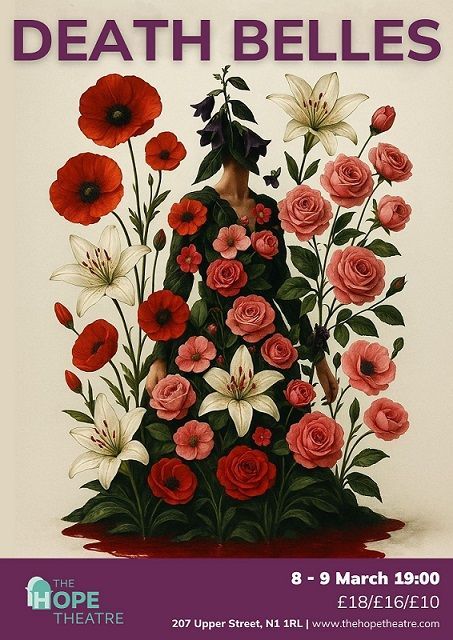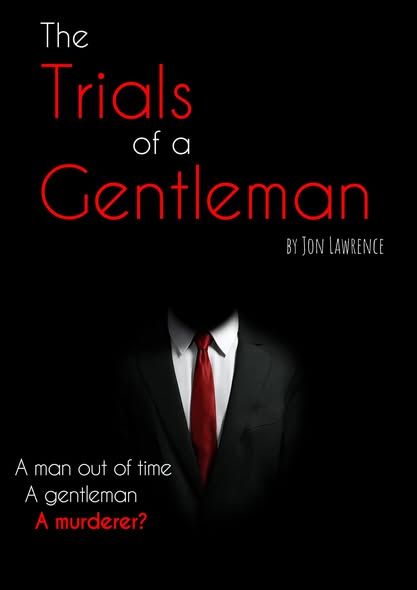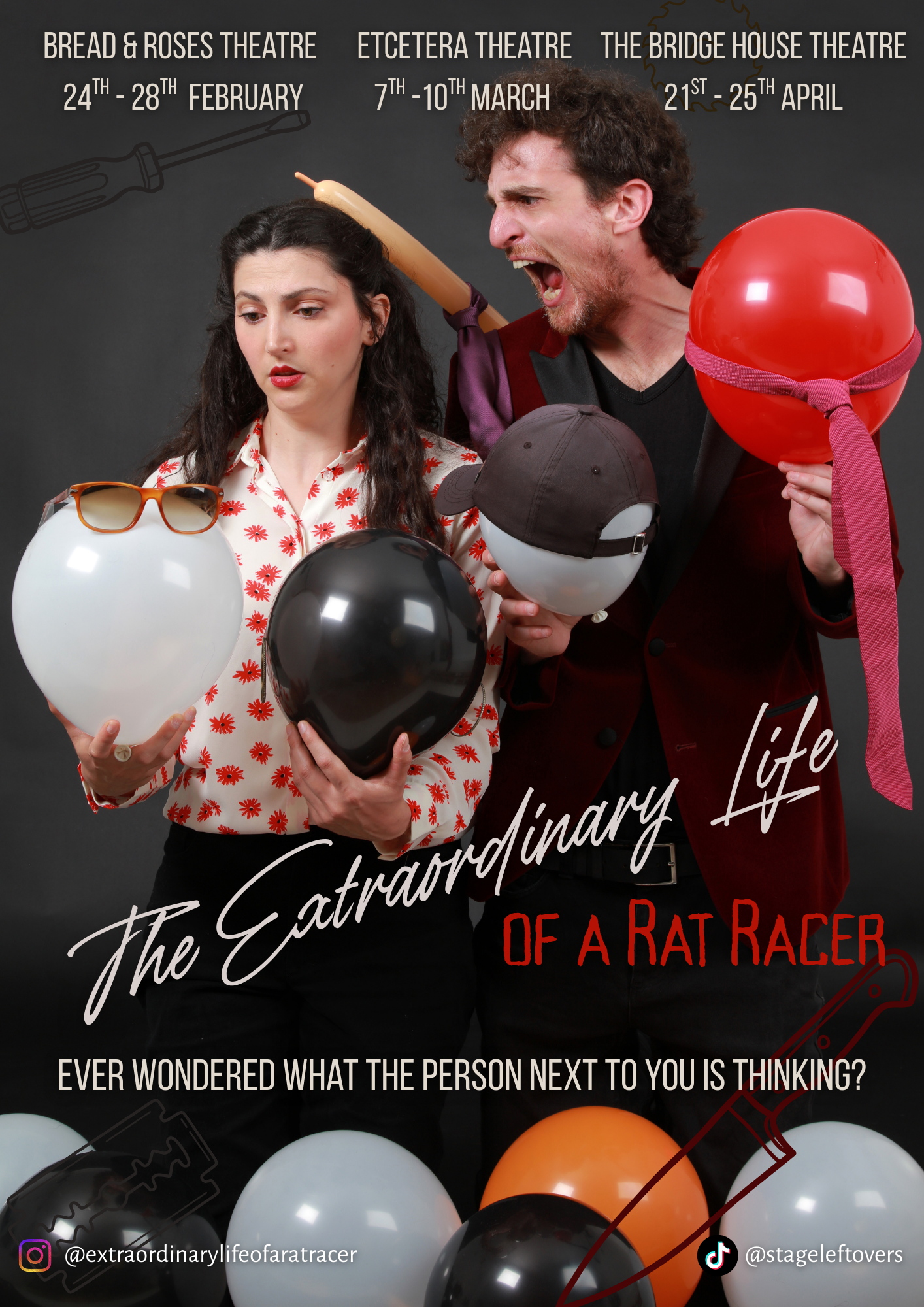John McKay is returning to theatre 35 years after his critically acclaimed play DEAD DAD DOG stormed stages in Edinburgh (Traverse Theatre) and London (Royal Court, then UK Tour with Robert Carlyle). He’s reviving DEAD DAD DOG at Finborough theatre, and has written a sequel SUNNY BOY* which reunites us with Dead Dad Dog’s Eck as he returns to Scotland with an uneasy conscience regarding his home country and the relationships he’s made.
*UPDATE: Initially the shows were to form a double bill, but sadly, due to cast illness, Sunny Boy will not be staged during this run.
Hello John, it’s wonderful to have an opportunity to ask you about your return to theatre after your successful film career as both director and producer.
JM: Thank you - I’m very happy to be here!
What has driven you to return to your roots in theatre?
JM: Like most writers and makers I’m often considering things for a long time, before ultimately being driven by opportunity. Literally, if you tell me there’s a spot, my mind starts working. So when my dear friend and colleague Liz Carruthers asked me if I would give my permission for a revival of my very first hit play DEAD DAD DOG, I was like ‘Yeah, why are you even asking - and btw for a while now I’ve wanted to write a sequel, actually’. The key thing that had occurred to me was that I am now older than the dead father in the first play - and I have wonderful and challenging sons of my own. So, it felt like time to check in!
Looking back over your career in film, what have been your proudest moments?
JM: Lasting this long and still working? Without ever becoming super-mega as a writer-director, I think I’ve done a good job now and again. I’m particularly proud of things I didn’t have much control over, but which worked well by themselves - like Imelda Staunton’s heartbreaking dignity in my debut movie, Crush; or catching Karen Gillan’s shy smile in the evening sunlight by the Thames for We’ll Take Manhattan, my film about David Bailey and Jean Shrimpton. And I’m still finding things to be proud of: My first movie as a producer, Aylin Tezel’s Falling Into Place, is about to premiere, and she is A-mazing in it.
Did any of your experiences in film feed into the writing of your new play either in craft or in story?
JM: When I wrote DEAD DAD DOG aged 22, I wanted theatre to be as fast and loud as a movie, so it cuts and bangs around in a really energetic way. I think the 30+ years of drama-making in between then and now have taught me that sometimes there is also power in holding on - to the scene, the shot - and living with the awkwardness of the feelings that arise when you don’t cut away. So DEAD DAD DOG has about 20 scenes and montages - and new play SUNNY BOY has 4.
With Dead Dad Dog having been such as explosive hit, how did you approach the follow-on story?
JM: It kind of wrote itself. I knew it would be about the young guy from the first play, Alec “Eck” Dundee, returning to Scotland in that mixture of glory and shame that all Scots carry with them - and having a challenging encounter there with his neglected young adult son. Beyond that, I didn’t know anything at the beginning. But then I would get ideas for bits of their interaction in my head, and I would quickly write them on my phone wherever I was and mail them to myself. Like messages from the characters, who were telling them (and me) what to say! At the end I printed them all up on separate bits of paper, sat down at the kitchen table, and joined the dots.
DEAD DAD DOG has been described as a blackly comic slice of Scottish nostalgia. How much of yourself do you put into your writing?
JM: Let’s just say there’s a fairly porous relationship between myself and the characters in the play! It’s not autobiographical, but the experience parallels with my own, and with my generation of young Scots in the 80s who were brewing a new rebellious optimism about how we would stop asking permission and change the world. And now… are perhaps wondering what we really achieved after all, and whether there is any chance left to make a difference.
With such a gap between the plays, will the follow-up be more of a critique of what has gone before?
JM: They definitely relate to each other - it’s one whole evening of entertainment, with the same characters and themes seen 35 years apart. But critique sounds a bit dry - I like to think there’s some engaging story to be had there: about Scotland, the world, fathers and sons, and some good gags about failing to grow up. And pants.
The plays are to be performed by LIAM BRENNAN, ANGUS MILLER and SAM GRAHAM. What were you looking for when casting for the plays? Are they as you imagined they might be?
JM: It takes a lot of energy and real comic timing to stage these plays - based as they are in the 80s style of poor theatre, where there are very few props or set. And Liam and Angus are absolute stars for that - their chemistry really lights the space up in a way that I’m delighted with. But more than that, they are also joined by the original Eck from the original Traverse production of DDD, legendary Scots actor Sam Graham - which adds layers of history and emotion to the project that I couldn’t have ever dreamt of.
Image: Liam Brennan and Angus Miller in rehearsal

With your experience as film director, how might you expect director LIZ CARRUTHERS to approach the plays? Will you be itching to get involved?
JM: Liz is a great director who doesn’t need my help - even though she is kind enough to ask my opinion now and again. She’s assembled a great cast and a wonderful creative team and has this thing going very well without my interference!
What has been the hardest part of writing the sequel and bringing it to the Finborough?
JM: Compared with producing an indie movie in the current post-pandemic shit-storm, it’s been an absolute pleasure! I’ll do this again. Make mine a double!
Finally, the double bill runs in London for four weeks before returning to its roots in Edinburgh’s Traverse Theatre. Based on your past experiences, how do you think London audiences will react to the play compared to Scottish audiences?
JM: I wouldn’t want to stereotype audiences by location, class or shoe size - but I suspect that London audiences will appreciate the gags about post-modernism, and the Scots will like it when we use the word bahookie…
DEAD DAD DOG by John McKay runs 3 - 28 October 2023 at Finborough Theatre
Edinburgh’s Traverse Theatre 1-4 November 2023










